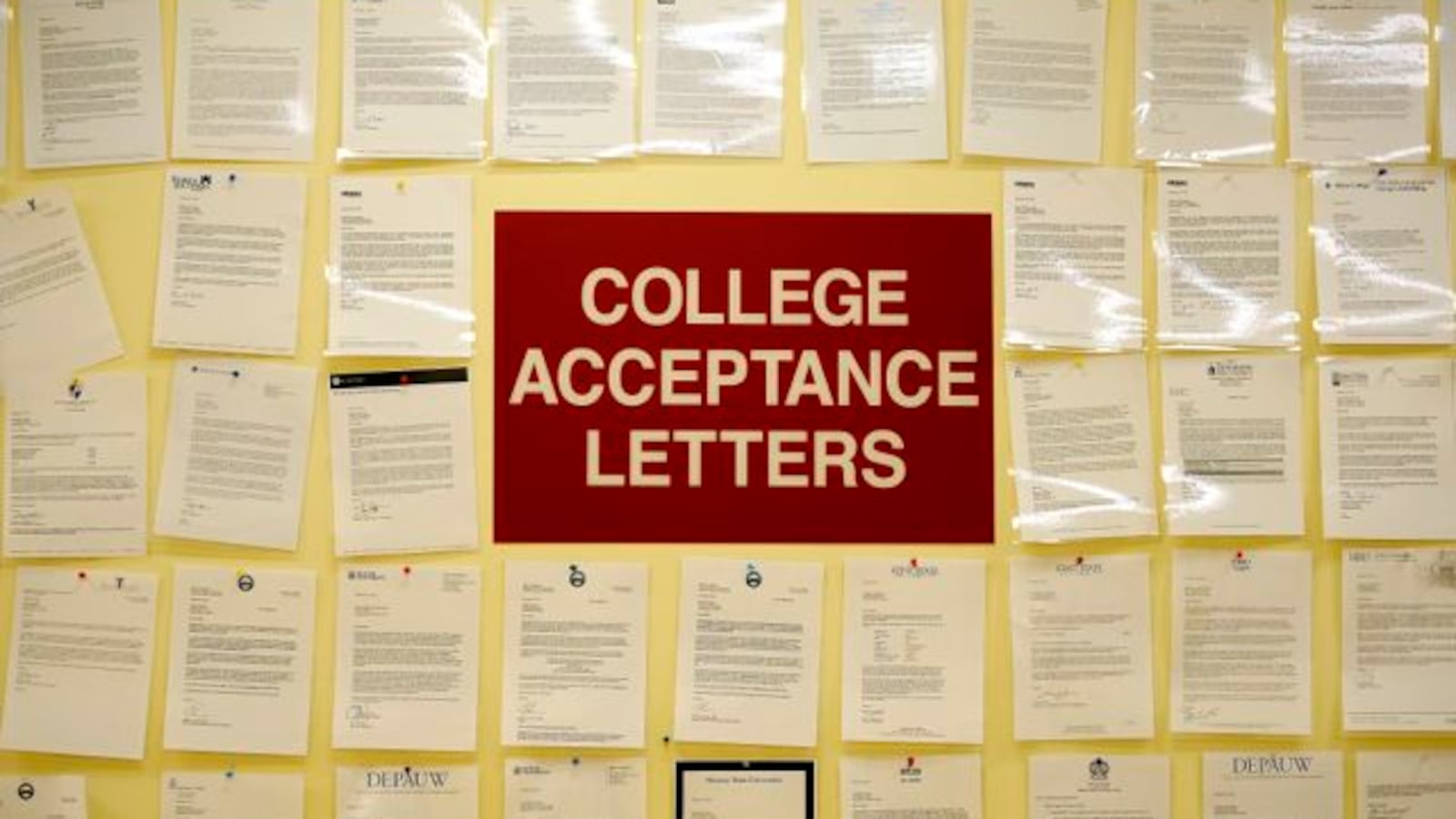A top Indiana lawmaker says the state is willing to spend thousands of dollars to help schools across the state continue to offer dual credit courses.
The popular classes, which let high school students earn college credits, have been put in jeopardy by new rules that, by 2017, will require all teachers of dual credit classes to have a master’s degree or 18 graduate credits in their subject area.
Those rules would disqualify most of the high school teachers currently teaching the classes. Almost 75 percent of Indiana’s existing 2,531 dual credit teachers don’t completely meet the new requirements.
The state’s Dual Credit Advisory Council, a committee of educators, college officials and policymakers, said today that Indiana is planning to apply for a five-year waiver that would allow current dual credit teachers to continue teaching those courses until at least 2022.
Whether or not that waiver is granted, Rep. Bob Behning, R-Indianapolis, who heads the House Education Committee, said the state plans to help teachers with the expense of returning to school.
Behning said a bill passed last year set up a fund to give current dual credit teachers stipends toward completing their additional credits as long as districts offered to match the funds.
Once actual money is approved for the next two-year budget this session, the state would contribute up to $2,000 per year for teachers who are already teaching dual credit classes, and the district could match for a total of up to $4,000, he said.
“I have commitment from House and Senate fiscal leaders that they are behind it so far,” Behning said. “The goal was to give an incentive (for teachers) to go back and get those master’s (degrees).”
Mike Beam, the director of Indiana University’s Office of Pre-College Programs, said that kind of yearly stipend could go a long way toward helping teachers get missing credits or even master’s degrees in their content areas. At IU, he said, a 30-credit hour master’s degree could cost about $10,000 to $12,000. While some teachers might need more classes than others, the stipend coupled with a five-year extension makes the new requirements much more attainable.
IU, along with other universities, have been looking at ways to help teachers as they try to beef up their certifications, but so far there’s been some confusion in the field, said state Superintendent Glenda Ritz. As the state readies its waiver application, it also needs to communicate with teachers about what they should be doing in the meantime.
“Teachers are starting to take classes, and some are taking classes that don’t actually count towards what they need,” Ritz said. “There’s a lot of anxiety going out there as teachers are already getting busy … those faculty who need to do something, they need to know specifically, here’s what you need to take and here’s the coursework you need in order to be certified and do dual credit.”
University officials on the council said teachers should contact the programs their districts are partnered with, such as IU or Ivy Tech Community College, to ask questions about classes and requirements before they act.
Ken Sauer, with the Indiana Commission for Higher Education, said that the commission hopes to release guidance to teachers about the situation in October. Once the waiver is sent out, it could be just two to three weeks before the state hears a response.

